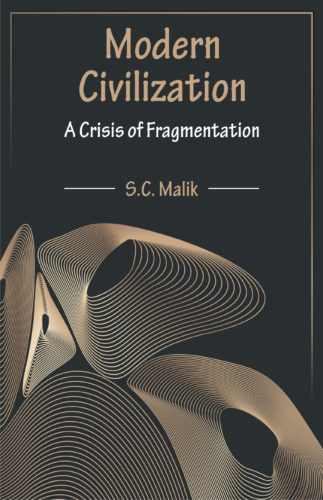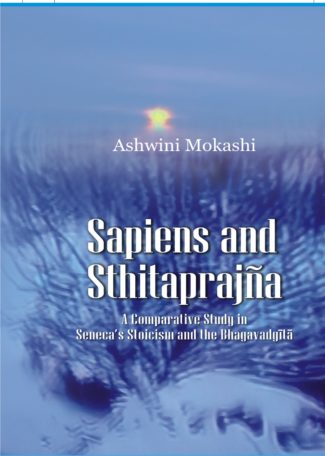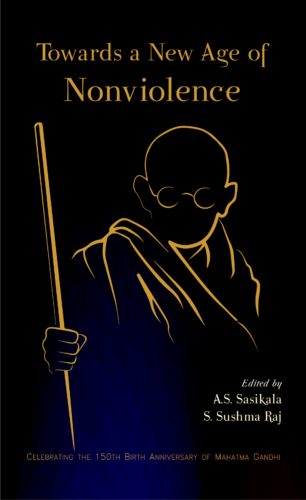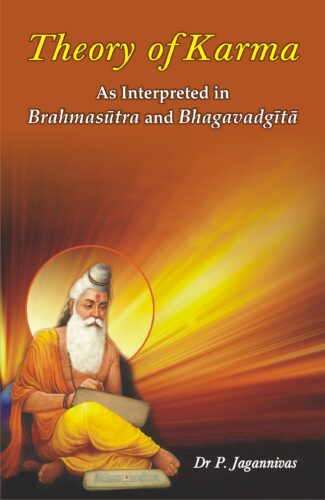

Modern Civilization...
Modern Civilization
A Crisis of FragmentationOriginal price was: ₹800.00.₹720.00Current price is: ₹720.00.
ISBN: 9788124610299
Year Of Publication: 2020
Edition: 1st Edition
Pages : xxxiv, 190 .
Bibliographic Details : Bibliography; Index
Language : English
Binding : Hardcover
Publisher: D.K. Printworld Pvt. Ltd.
Size: 23
Weight: 500
The crisis of the age inheres in this, that notwithstanding the century’s mind-numbing disasters, it persists in subscribing to propositions which have logically led to the atomization of the whole cloth of human experiencing, and being. Great indeed is the value which is placed on the procedure of analytic dismemberment. While the method has certainly been result-producing, materially, in its wake it has brought immense suffering – both physical and spiritual. The price paid for a lopsided advance is thirty major wars – with their toll of one hundred and thirty million lives, and the irreparable destruction of the natural environment. The time demands a reappraisal of the basic paradigms of human existence, but the hegemony of well-entrenched vested interests – material or intellectual – would seem to preclude this.
The “advanced” people among the mankind of the day become suicidally specialized. For, if the mechanical model of thought has been of advantage in man’s preceding unfolding, the same, what may be called the “survival” paradigm, now creates dangerous dualities, binary oppositions (you–me, body–mind, East–West, etc). The model has outlived its usefulness merely enforcing dormancy on a major part of the human brain.
It behoves mankind to choose wisely right now – since parallel to the socio-economic, scientific and technological revolutions there has got to be the overdue radical psychic transformation. The first step towards clearing the fateful crisis would therefore be to be aware and end the hold of the linear, causal, mechanical thought orientation over the intellectual culture of the times.
Delving deep into the epistemological cum ontological causation of the emergency confronting the being and becoming of man, this volume provokes the thoughtful lay reader to a serious engagement with his or her self.
Endorsements
Preface to the Second Edition
Preface to the First Edition
Acknowledgements
List of Figures
- Introduction
Evolutionary Perspectives
- Obsolescence in Research: The Biological Analogy
- New Ideas in Biology
Morphogenetic Fields, Evolution and Consciousness
Morphic Resonance: Some Examples
Implications of Morphic Resonance
Behaviour
Instinct and Learning
Modified Materialism
The Conscious Self
The Creative Universe
Transcendent Reality
- A Study of the Past and the Concept of Time
- Learning and Communication
Learning Is Unlearning
What Is True Communication?
Barriers to Learning and Communication
Beyond Barriers
- The Person: Physical and Social Conditioning
Physical Conditioning
Social Conditioning
- The Person: Will and Loss of Experience
Does the Person Have a Will?
The Loss of Experience
- The Dual Nature of Mechanical Thought
The Fragment and the Whole
Dichotomous Thought
The Dual Movement
- Who Am I?
- The Pole of Birth and Death
- Creativity and Self-expression
- Dimensionless Space as Eternal Silence
Bibliography
Index
A study of the past is an attempt to trace human development by recording and interpreting events of human experience in an evolutionary–chronological sequence. But these interpretations of human activity somehow become convincingly real. It is often forgotten that these are only conceptual interpretations of events, known rather fragmentarily or partially; and this, too, limited by specific viewpoints. In being unconscious of such limitations, the outpourings of these studies into the overall educational system continue to reinforce a fragmentary view of human experience. The given area is linked to a deeper examination of the way we know, acquire and interpret knowledge in general. This means, as is well known by philosophers, to look deeply into that epistemology of the knowledge of the past which is governed by one’s perpetual, conceptual and metaphysical notions. History, for example, is commonly believed to be a set of facts which one simply puts in order, by some accepted cannons of knowledge, as if it were an ‘objective’ viewpoint. But is this really so? All perceptions of past events are from the point of view of the existential present. The viewer and what is viewed are inextricably bound to each other. The notion of ‘objective’ or detached history, in fact of any knowledge, especially in the historical and social sciences, is a misleading notion. All ideas are continuously changing in terms of the overall growth of knowledge in general.
Thus, historical knowledge is continuously being rewritten in terms of our present perceptions, of how we want to mould the contemporary society. In fact, this is how a study of the past is frequently used to justify each social group’s or nation’s political and economic demands. A study of the past plays a very crucial role in contemporary society since all ideological–political movements, whether conservative or liberal, use—and more often distort—historical evidence. History thus becomes a kind of contemporary mythology. To give a very simple example, the 1857 event has been variously called; an army ‘mutiny’ if one happens to be British. We leave aside the fact of what actually may have happened since the event itself has many testimonies and evidences which are incorporated variously by histories themselves.
Again, a general notion is that a group of people, whether a small or a large entity as a nation—which itself is a concept—has a single history. But it is obvious that there is no single history since each group tends to view a particular event from its own viewpoint. In fact, even within a single more or less homogeneous group, whether this is a linguistic or social group, the same event is incorporated and interpreted in different ways. The historian may claim that it takes all this into account to produce a composite and objective description. But this arises again from an idea of current state of perceptions of reality in general and historical research methodology which may change at any time—however sound these may appear for the moment. Moreover, these methods are inseparable from a comprehension and interpretation of the past event itself, that is, the past events create the present notions as well. Human perception and human action within the framework of consciousness are inseparable.









There are no reviews yet.